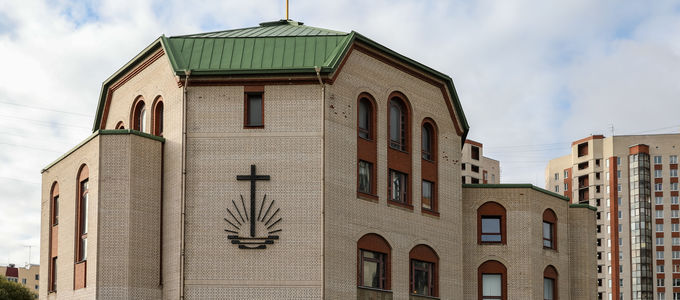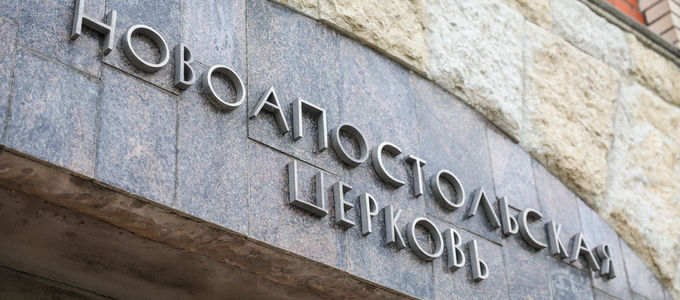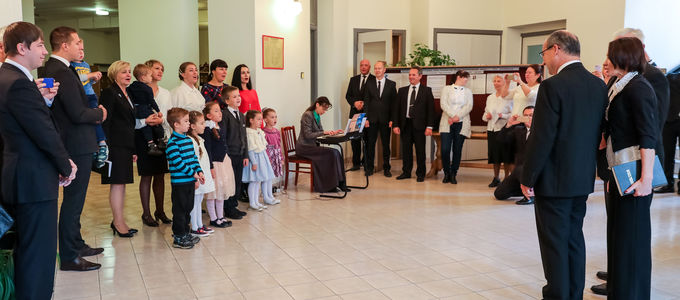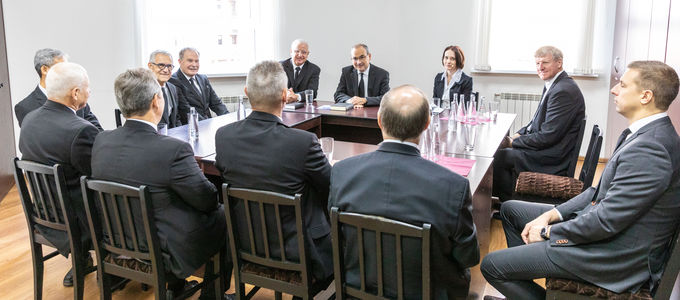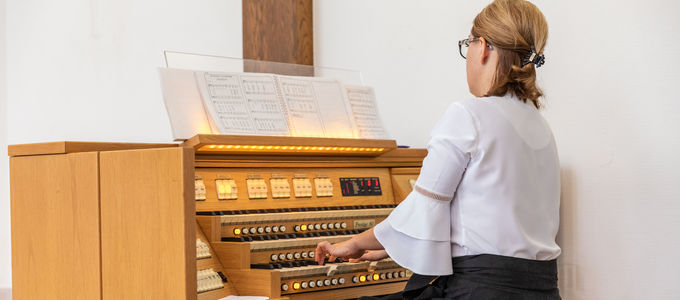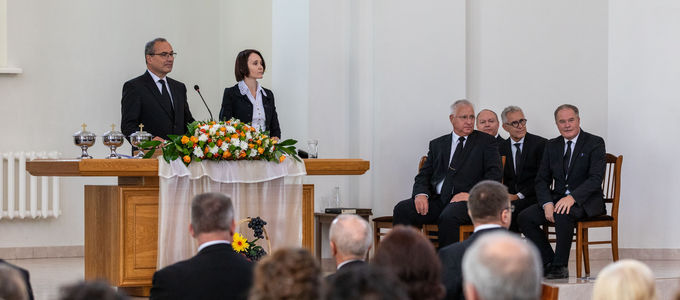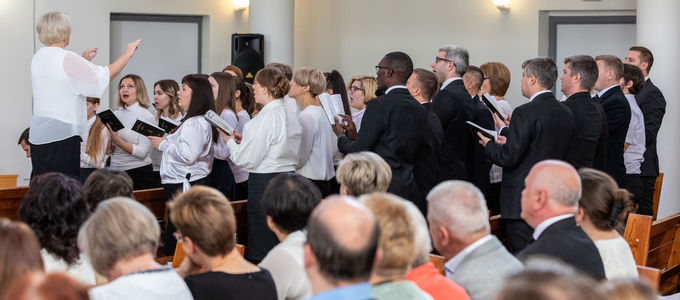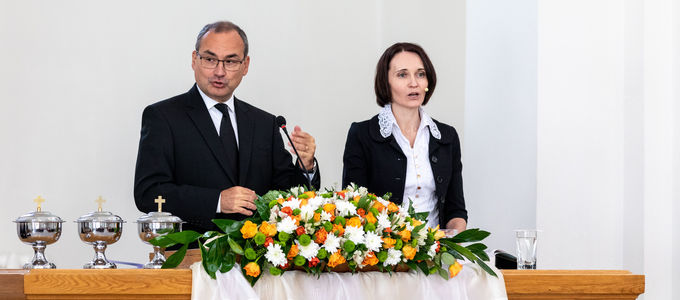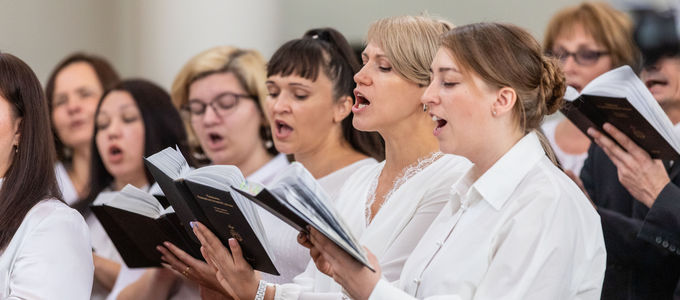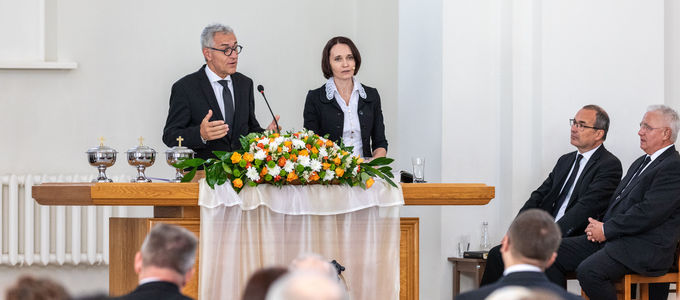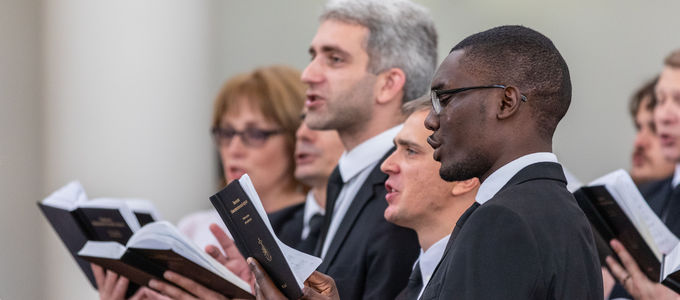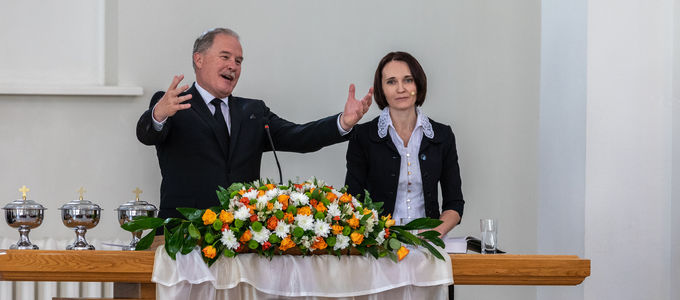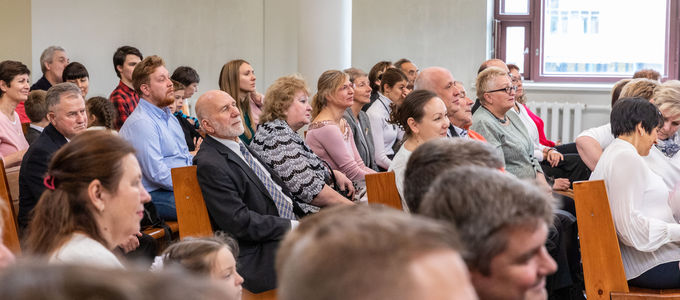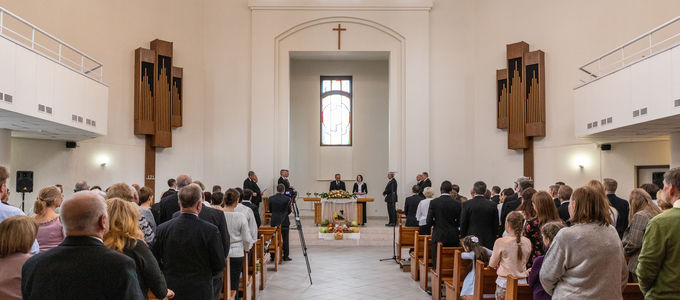Created in the image of God with a threefold mission
Is work a curse? On the contrary, it is a divine characteristic in man. What’s more, it also allows divine gifts to grow and prosper. What environmental protection, salvation, and congregational life have to do with each other.
“Then the Lord God took the man and put him in the garden of Eden to tend and keep it” (Genesis 2: 15). This was the Bible text Chief Apostle Jean-Luc Schneider used in a divine service in Saint Petersburg in Russia on Sunday, 6 October 2019.
Work is considered a curse. However, what God said here, He made clear right at the start, before man’s fall into sin. And that means, the Chief Apostle said, that as an image of God the Creator, man was created to tend and keep, in other words, to work. He was supposed to work for his own good as well as for the good of his fellow human beings.
Man’s responsibility
“Man was to take care of the creation on God’s behalf. In other words, to serve the interests of God,” the Chief Apostle said and identified three focal points.
- Human beings are responsible for the state of the creation. They must be careful not to damage it.
- We are responsible for the distribution of nature’s bounty. We cannot blame God here. He left this up to man.
- We are also responsible for the future—as a legacy that is to be passed on to the next generation.
“This is not a political statement, it is the divine truth,” the Chief Apostle stressed.
Working on our salvation
The Chief Apostle went on to say that God has given us much more than the creation. “He gives us everything we need in order to obtain salvation.” However, this cannot be earned, he said, adding that salvation is and remains grace. “However, through our work we testify that we want salvation.” And that means:
- we cannot simply consume the divine services. Even if the music was not to our liking and the preacher was not good, we need to occupy ourselves with the message.
- you must work on yourself until you can love your neighbour; you cannot expect others to change.
- we must work today for our eternal future in the kingdom of heaven.
Preserving salvation
“My salvation is a grace that God grants to me,” Chief Apostle Schneider said. “Whether I reach it or not really only depends on the decisions I myself make.” That is why it is so important to be aware of the dangers.
- “It hurts me to see that many children of God overestimate themselves and think: ‘A divine service every once in a while is enough. I will still attain salvation.’ No, without regular attendance of the divine services you will not make it.”
- “There are people who are out to rob us of our peace and destroy our trust in God. Let us preserve our salvation. I don’t need to occupy myself with everything and listen to everything.”
- “Every sin threatens our salvation. Let us therefore be wise enough and behave in such a way that we can always find grace again.”
Working together
“God does not give us salvation directly from heaven,” the Chief Apostle made clear. “Salvation is imparted in the church. Let us also work for this.”
- We all serve the good of our congregation with our gifts.
- Let us continue to work on spreading the gospel.
- We are working for the future. Those who sow are not necessarily those who will reap.
Protecting the fellowship
The Chief Apostle went on to say that we need to preserve our fellowship, this Church. And that means
- we are responsible for the atmosphere in the congregation. Let’s not spread poison.
- we have to adapt our expectations to the Church, especially in terms of music, buildings, or charitable activities. Otherwise the “Church will be secularised, and the imparting of salvation will become secondary”.
- everything that is essential for salvation we will disseminate and share. With respect to everything else we must be flexible so that the coming generation can also receive salvation in the Church.
In summing up, the Chief Apostle said: “God has given us the creation, He grants us salvation, and He has given us the Church. We are grateful for this. We should, must, and may work for this. And we are responsible for the creation, for our salvation, and for the Church. Let us not damage it, but make sure that we can all enjoy it today and look forward to the future.”
Article info
Author:
Date:
Keywords:
Andreas Rother
03.12.2019
Russia,
Chief Apostle,
Divine service


